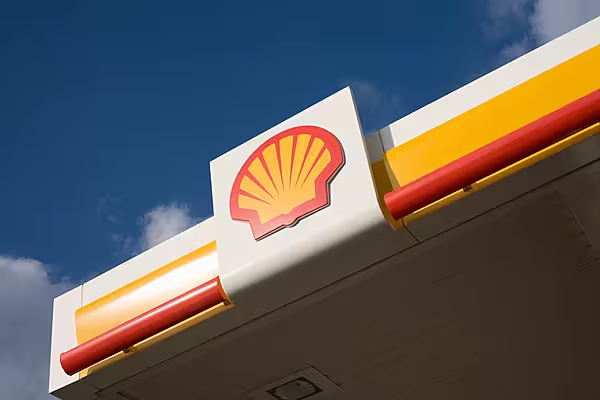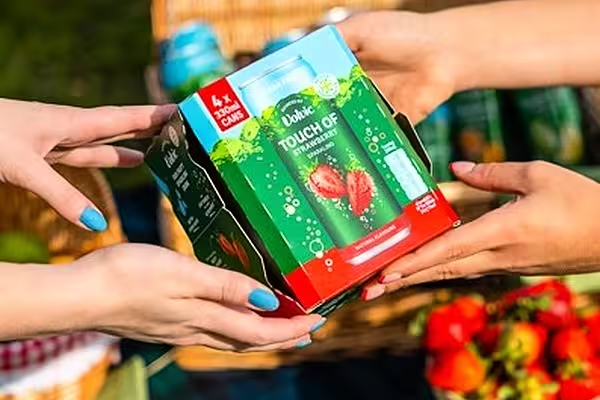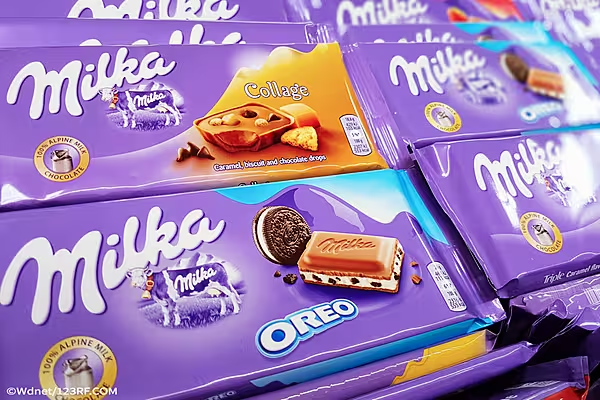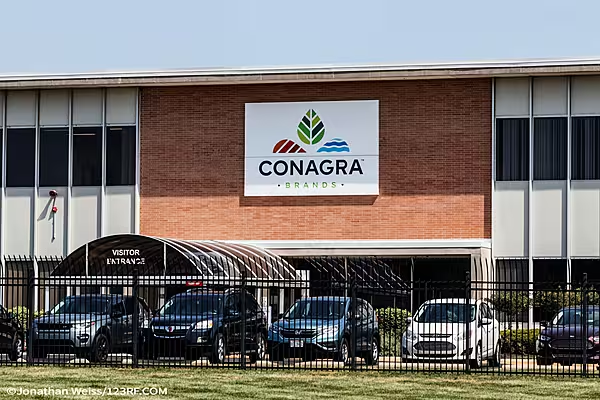Royal Dutch Shell's second-quarter profit slumped to a 30-month low due to weaker gas prices and refining margins, falling far short of expectations and denting a steady recovery in recent years.
Shares of the Anglo-Dutch company fell 4.2% as trading opened in London, compared with a 0.3% decline in London's FTSE 100 index.
Shell, the world's second-largest publicly-traded energy company, joins rivals Total and Norway's Equinor in reporting weak results for the quarter.
Strain
Rising debt levels also underscored the strain Shell's dividend programme, the world's largest at over $15 billion (€13.5 billion), and a $25 billion (€22.6 billion) share buyback programme, is putting on the company.
A rise in cash generation - a sign of improving operations - was the one bright spot in the company's results.
"We have delivered good cash flow performance, despite earnings volatility, in a quarter that has seen challenging macroeconomic conditions in refining and chemicals as well as lower gas prices," Chief Executive Officer Ben van Beurden said in a statement.
Net income attributable to shareholders in the quarter, based on the current cost of supplies (CCS) and excluding identified items, dropped 25% to $3.6 billion from a year ago - the lowest since the end of 2016.
That compared with a profit forecast of $4.93 billion (€4.4 billion), according to a company-provided survey of analysts.
"This set of earnings is weaker than most were looking for and were below expectations in all the main divisions," Morgan Stanley analyst Martijn Rats told Reuters.
"Earnings remain hard to forecast and volatile."
Shell's debt ratio versus company capitalisation, known as gearing, rose to 27.6% from 23.6% a year ago to hit its highest level since early 2017, underscoring the difficulty in balancing large shareholder payouts. Its debt pile rose to $66.5 billion ($60.2 billion).
Weak LNG
Profit fell short of expectations across the board but was most pronounced in the flagship liquefied natural gas (LNG)division, known as Integrated Gas, due to $479 million (€433 million) in impairment charges in Trinidad and Tobago and Australia, lower sales and weaker prices.
Asian LNG spot prices have more than halved since the start of the year, weighed down by soaring new production.
Oil and gas production in the quarter rose 4% from a year earlier to 3.58 million barrels of oil equivalent per day but was down from 3.442 million boed in the first quarter of 2019.
Cash flow, a key measure for the Anglo-Dutch company, rose to $11 billion from $9.5 billion (€8.6 billion) a year ago.
Free cash flow - cash available to pay for dividends and share buybacks - dropped to $6.9 billion (€6.2 billion).
Shell has focused on cash generation as a key measure of growth, targeting free cash flow of $25 to $30 billion (€23 to €27 billion) a year between 2019 and 2021 and as much as $35 billion by 2025.
Rival BP on Tuesday reported a stronger-than-expected profit in the quarter, which was largely unchanged from a year earlier, while France's Total and Norway's Equinor both reported sharp falls in earnings.
Exxon Mobil and Chevron both report on Friday.
News by Reuters, edited by Checkout. Click subscribe to sign up for the Checkout print edition.









